

War Thunder is a video game currently under development by Gaijin Entertainment, the creators of Apache Air Assault.
War Thunder is a Massively Multiplayer Online (MMO) Combat Flight Simulator and it is currently in the open beta testing phase of its development.
When the game is released it will be made available on Sony PlayStation 4, Mac OS X and Microsoft Windows.
+ Quick Jump To
The development of War Thunder began in 2009, under the name World of Planes. With the developers, Gaijin Entertainment, having had previous experience in flight based games; they have been using their history to help build a better game. IL-2 Sturmovik: Birds of Prey, Apache Air Assault and Birds of Steel are all air based games from Gaijin Entertainment.
The game saw a name change later in development. After some internal debate it was decided that the game should have its name changed from World of Planes to War Thunder. This was to avoid confusion with the developers’ competition “World of Warplanes”, the name change was also to avoid the confusion that surrounded the game, many players were under the impression that the game’s sole focus was on air based simulations.
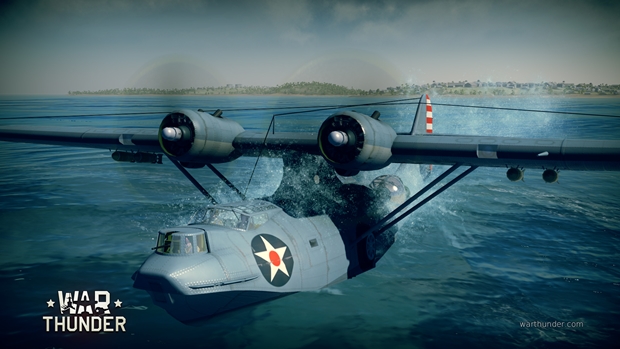
The gameplay for War Thunder is heavily simulation based, giving the players the opportunity to experience what it’s like to pilot some of the most influential aircraft, armoured fighting vehicles and ships from important war zones. The main focus of the various vehicles will be from pre-World War II, to the early years of the Korean War era. In order to orchestrate such battles, an appropriately sized map must be used.
Running on the Dagor Engine, the game currently boasts maps that scale from 65 km x 65 km to 100 km x 100 km to 200 km x 200 km in size. This is expected to grow to around 300KM by 300KM by the time of completion, whether or not this will influence the amount of players per map is uncertain at this time. The maps included in the game are mostly designed around the real life counterparts of the actual landscape that the battles took place on.
Arcade battles will be the most common type of game play and it will focus two teams of 32 players competing against each other, these teams will made up of various nations and will be relatively small maps to help keep gameplay constant. The arcade mode makes the game much faster and action based, with the simulation aspect being dulled down, it will still maintain realism however. Arcade mode makes use of two separate game modes. Groundstrike, which will see the players attempt to destroy the opposing forces land units, and Domination which is a capture the flag styled scenario wherein teams must capture enemy airfields, causing the opposing team to ’bleed’ (constantly lose) points.
Historical battles are for the more advanced players of War Thunder, using an advanced physics engine. Things like long range sniping become a much more challenging task. Trying to manoeuvre your plane at high speeds into tight turns can cause your character (pilot) to black out and lose consciousness; this can even cause the wings to be detached from your plane due to the massive G-forces and drag. Team nations are chosen in this mode, meaning players can choose to recreate real world battles.
“Full Real Battles” is the most realistic simulation of battle offered in War Thunder. Only two viewpoints are available to pilots, the cockpit view and the turret gunners vision slit. The physics of planes has been increased to a greater degree than that found in the historical battles, and they reflect the individual designs of the appropriate vehicle and air frame. Similar to Historical battles the teams are divided into nations fighting for air superiority, but with this higher degree of realism the game takes on a much more frantic and risk vs reward gameplay style.
War Thunder features many planes from the World War era. You can find them below, sorted country wise.
Germany
Australia:
Japan:
Italy:
Great Britain:
USA:
USSR:
Below you will find the release tree, sorted country wise.
USSR:
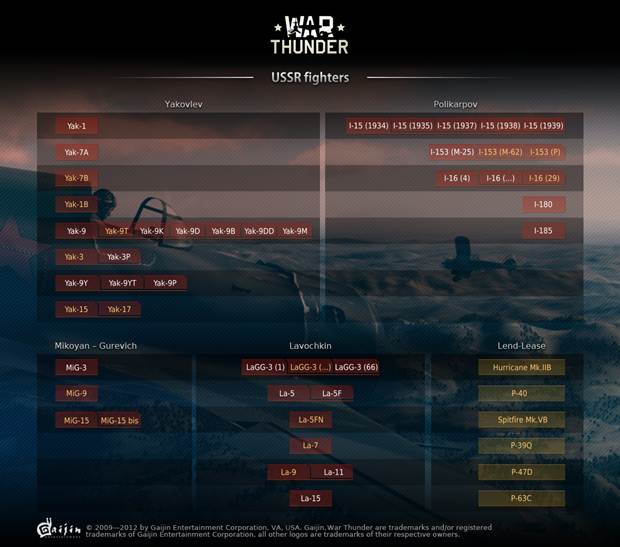
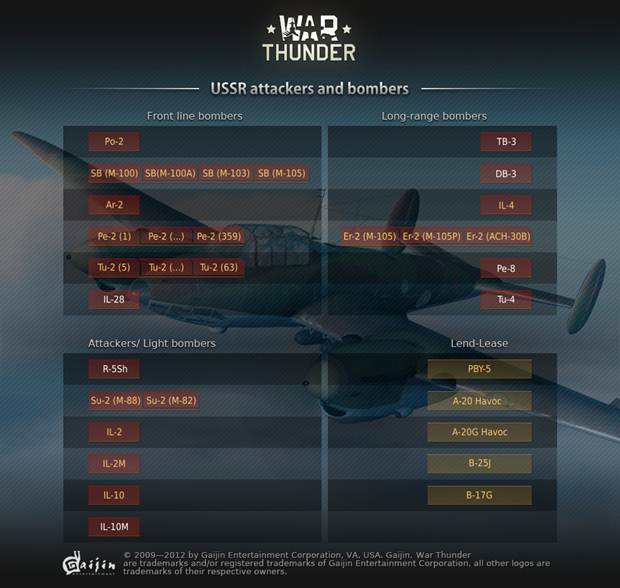
Great Britain:
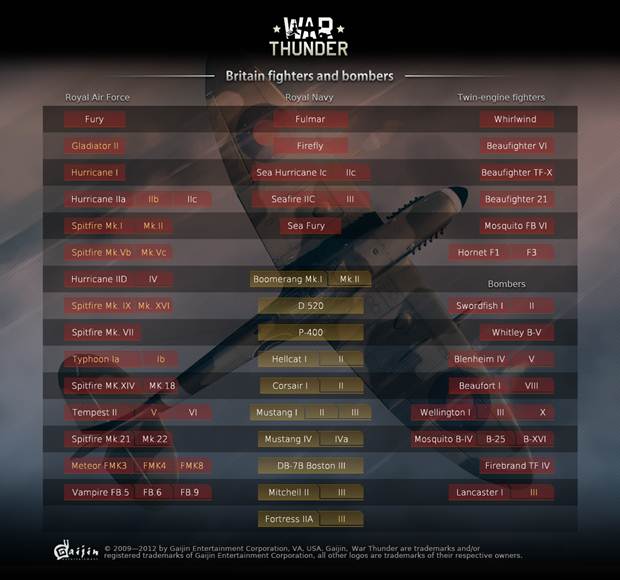
USA:
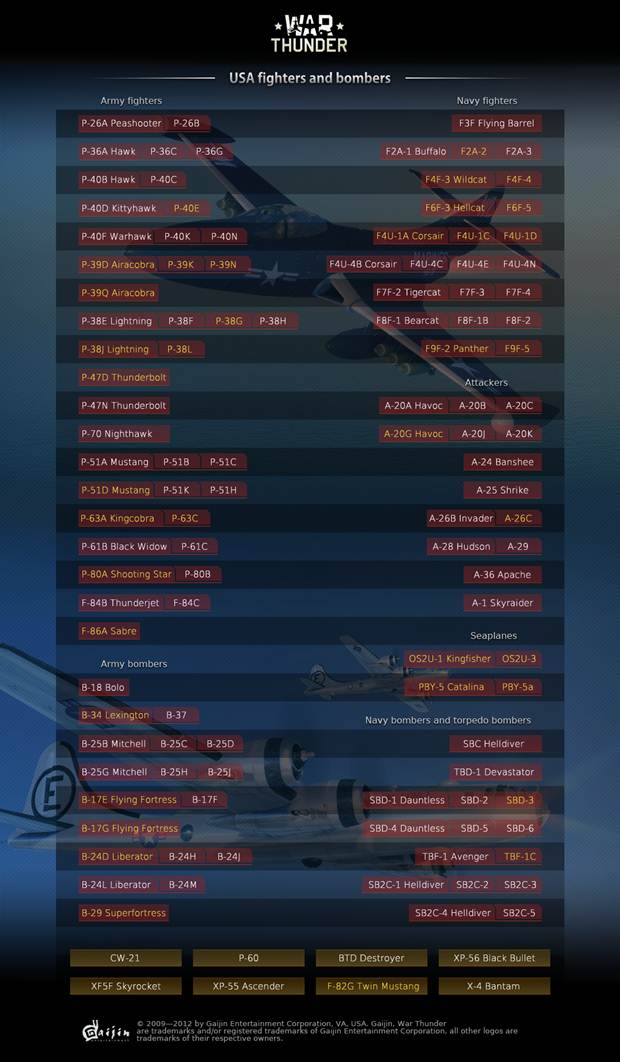
Japan:
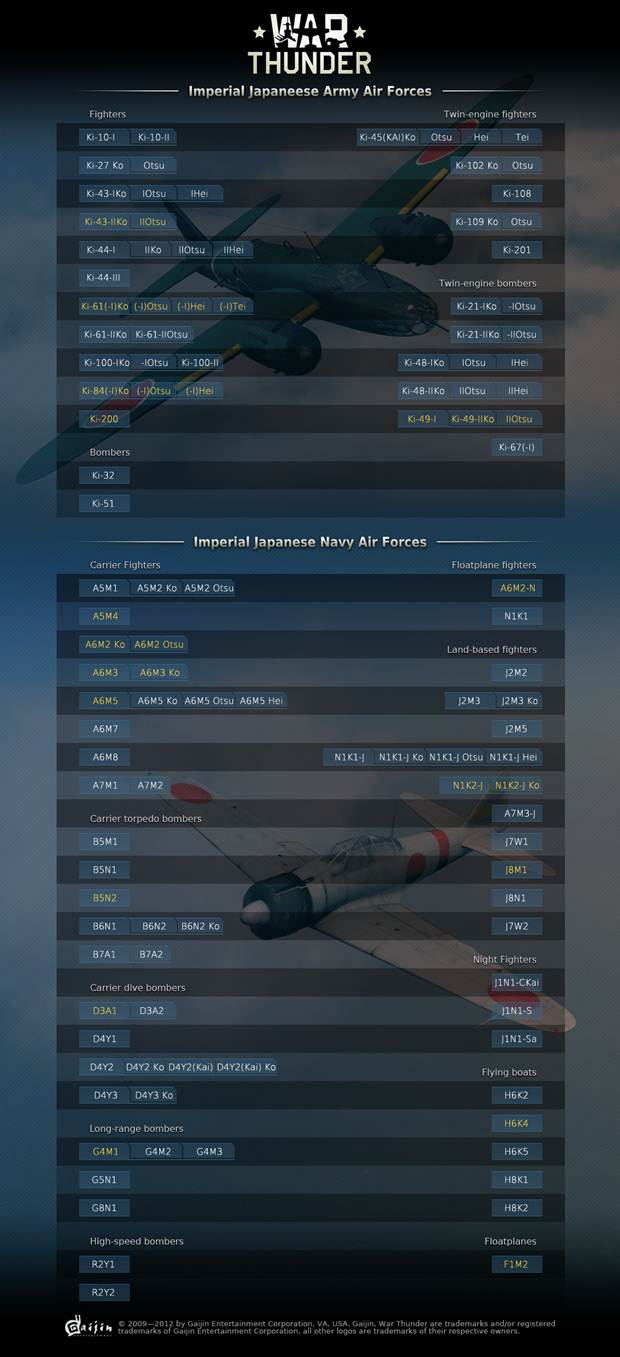
Germany:
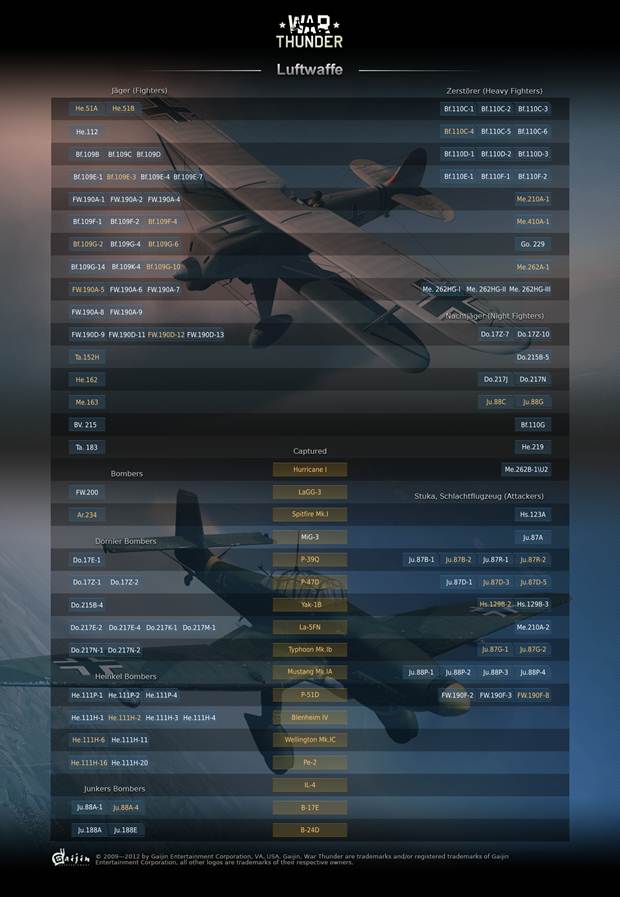
Note: This wiki will be updated once we have more information about the game.
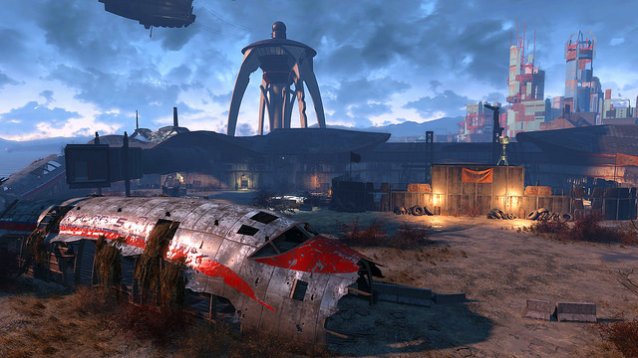
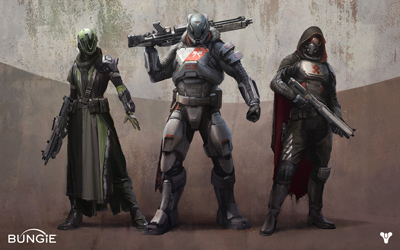
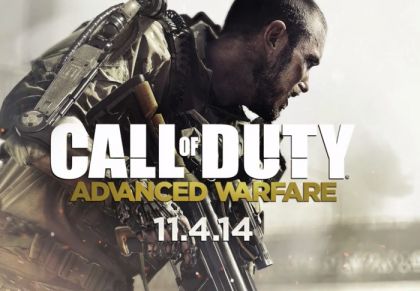
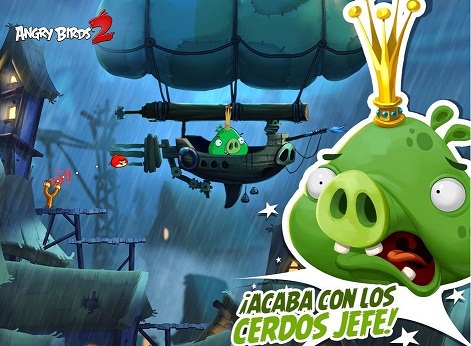
 7 DIY Tech Skills to Teach Your Kids, Because Schools Won't
7 DIY Tech Skills to Teach Your Kids, Because Schools Won't Dragon Age Inquisition Guide: How to Hunt Dragons
Dragon Age Inquisition Guide: How to Hunt Dragons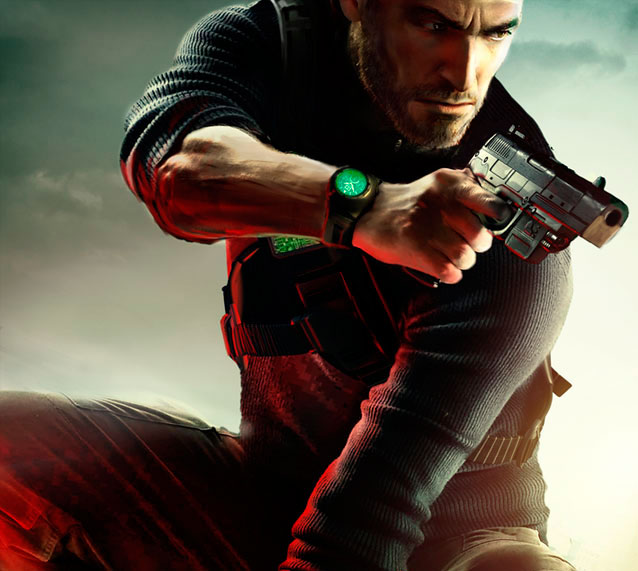 Splinter Cell: Conviction Walkthrough Video Guide in HD
Splinter Cell: Conviction Walkthrough Video Guide in HD How to Make Money from Your Smartphone Photography
How to Make Money from Your Smartphone Photography Hidden Chronicles Guide
Hidden Chronicles Guide